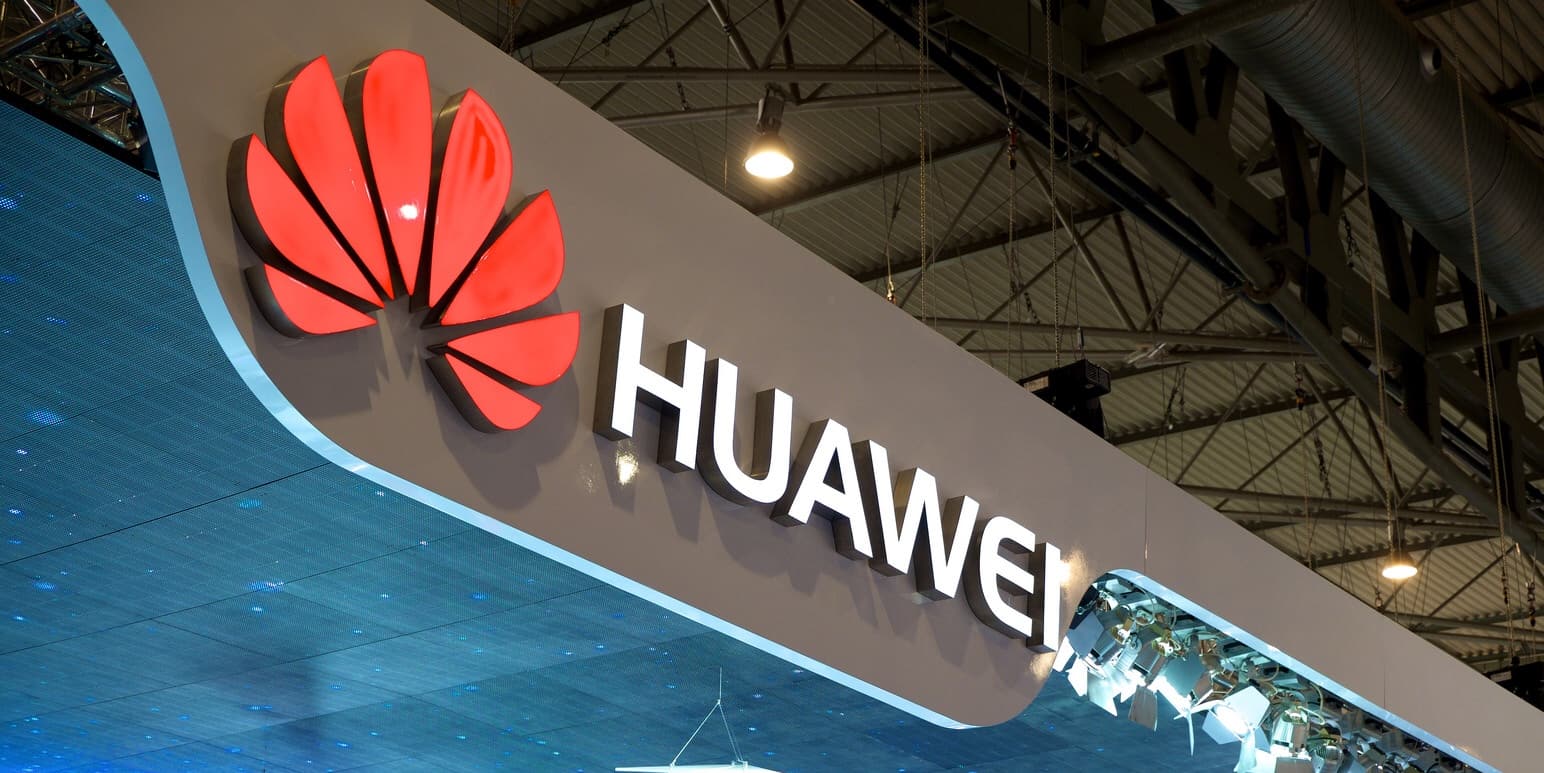On paper, the recent arrest of Huawei’s chief financial officer, Meng Wanzhou, has nothing to do with Apple. But it could nonetheless wind up hurting the U.S. tech giant.
Here’s why.
Wanzhou was detained last week in Canada, after U.S. law enforcement officials issued a warrant for her arrest. She is accused of committing fraud by lying about alleged links between Huawei and a shell company that was used to make sales in Iran, thereby breaching U.S.sanctions.
As noted, none of this has anything to do with Apple, which earlier this year was overtaken by Huawei in smartphone shipments. So why could this hurt the company? Because Chinese state media is presenting this as the latest example of the U.S. trying to hurt a Chinese tech company. And it’s issuing vaguely worded threats as a result.
“Banning Chinese companies like Huawei will isolate US from digital economy of the future,” read one recent Chinese state media headline.
Problems in China?
If China thinks the U.S. is being unfair to its own tech companies, then making things difficult for U.S. tech giants could be the direct response. Given that Apple is (indirectly) a big employer in China through the manufacture of its devices, this wouldn’t totally make sense. But it also wouldn’t be the first time China hurts Apple with its decisions.
Previously, Apple has been forced to accept the Chinese government’s demands that it run network safety evaluations on all Apple products before they can be imported into the country. It has also seen its products booted off the list of approved state purchases in favor of Chinese-made products. In addition, it was forced to shut down its iBooks Store and iTunes Movies in the country — just six months after the services were first made available.
This year, Apple banned Skype and several other voice over internet protocol apps from the App Store in China because they do not comply with local law. Apple then had to agree to transition iCloud accounts registered in China to state-run Chinese servers.
Tim Cook has previously talked about China as being Apple’s future biggest market. Apple currently relies on China for around 20 percent of its revenue. At a time when smartphone sales in general are starting to stagnate, Apple certainly doesn’t want to be hit with more problems in one of its top markets.
“The last thing tech investors wanted to see was this news about the CFO of Huawei,” analyst Dan Ives from investment firm Wedbush told the BBC. “It fuels the flames of further retaliation.”
Nonetheless, as Ives notes, right now Apple must feel like it has a “bullseye” on its back.
Source: BBC


